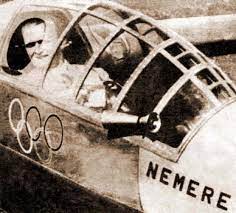 Two of Trump’s committees, Save America leadership PAC and the Make America Great Again PAC, spent $55.6 million on legal bills in 2023, including $29.9 million in the second half of the year, according to the new reports released Wednesday. Washington Post.
Two of Trump’s committees, Save America leadership PAC and the Make America Great Again PAC, spent $55.6 million on legal bills in 2023, including $29.9 million in the second half of the year, according to the new reports released Wednesday. Washington Post.
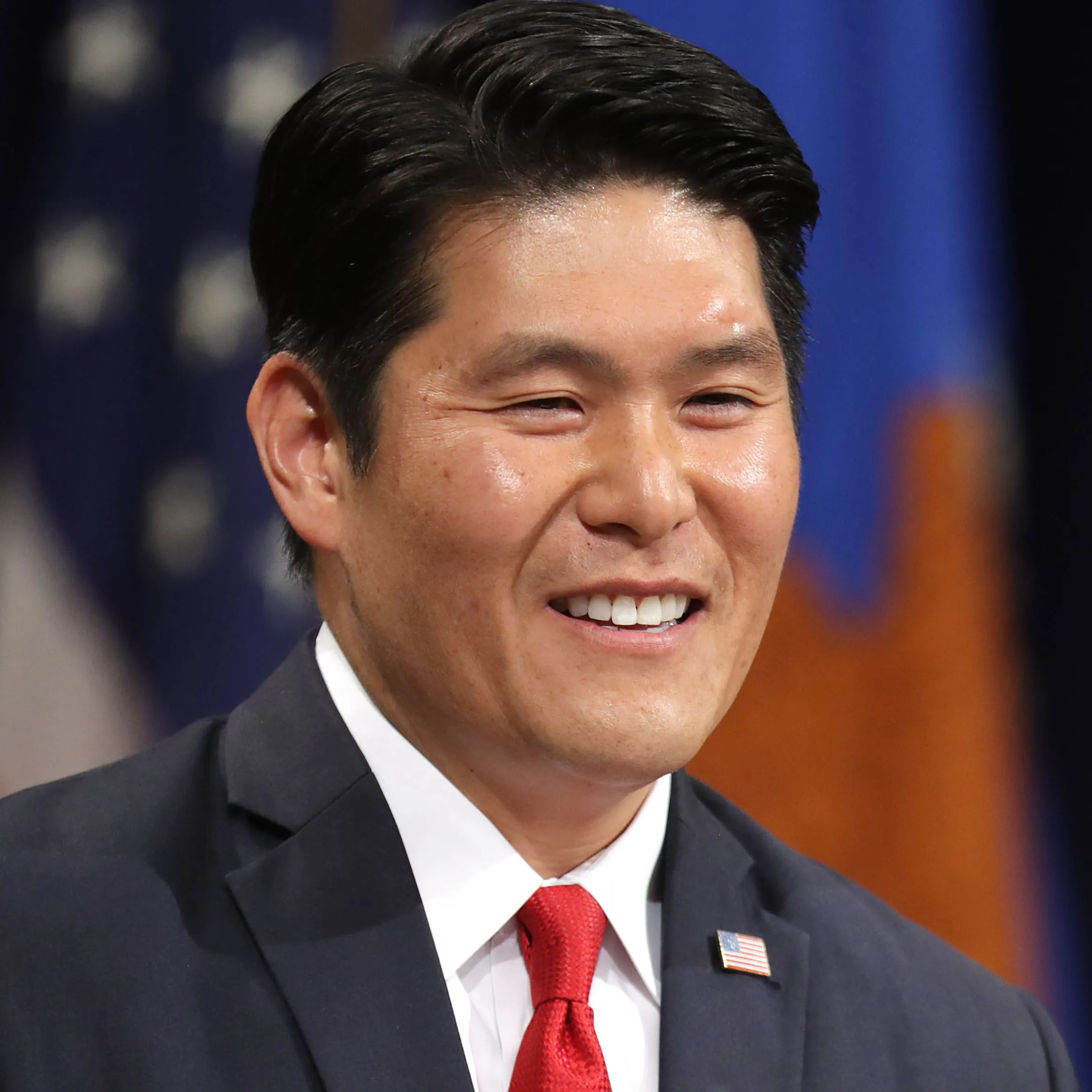
The calculated insult that Biden is a well-meaning elderly man with a poor memory, apparently appears in the report commissioned to assess the extent and reasons for Biden retaining classified files after leaving the White House. Robert Hur was the author of the comments. Attorney General Merrick Garland had appointed Hur, a former Trump-appointed U.S. attorney for Maryland, as Special Counsel in January 2023 after Biden’s aides discovered classified files when they searched his home and office. The problem was that Biden reacted to the Report’s comments like an affronted old man, and his anger caused him to do himself no good; and then to confound his protest about his mental ability, he referred to the Egyptian President as the Mexican. Not a good look!
So as someone has said, the American people are potentially faced with the choice of two old men, neither of which they particularly want.
I would suggest that the first debate be constructed to test the cognitive ability of these old men. After all, it is the talking point. It should be scientifically put together by independent experts. Even floating this possibility and suggesting your use of two younger aspirants as “controls”, would result in the Trump bluster. This would be predictable in terms of his trying to distract and yet in the end it would focus on the dilemma he has, and which he may not comprehend, which is the progressive impact of his failing mental state. And couple that with how he is spending so much of the money raised to save his carotene-stained skin by his employment of lawyers. What a look!
Biden would, I predict, be more nuanced; but in the attempt to justify his cognitive abilities, he has shown a lack of insight and judgement by appearing in front of a braying media pack. He is prone to lose his temper and with that he loses the plot. He will be 86 years old at the end of another putative presidency; and I’m afraid another demonstration of a lack of insight, this time driven by his innate vanity will only magnify his flaws as the mental cracks widen. No solace that Trump already lives in such a mental abyss.
But there is one other matter in relation to Biden which some of my colleagues suspect, judging by his stilted demeanour and gait. They all reckon he has Parkinsonism. Presumably he has been checked out, but if he does not have Parkinsonism then Trump does not have dementia.
But nobody is frank. Neither of these guys will see out a four-year period when the potential for the world to catch alight has never been more so for decades.
What a terrible choice for the USA – and ourselves.
How much will you sell me the Harbour Bridge for?
What a great theme for this Year – the Year of Making My Lying Great. But there are other themes in this year when the Olympic Games in Paris will be epitomised by a crew of emaciated dwarfs running the streets of Paris in an increasingly gross spectacle called the Marathon. Look for rhabdomyolysis in the extreme summer heat, where these vulnerable paradoxically highly trained athletes may well become “plats de jour.”
This year then serves to remind us that Brisbane will be the host of the Olympic Games. It is a year when we should not forget John Coates will be 82. He, the Hidden Hand in the award of the 2032 Games to Brisbane, having successfully engineered a change in the rules in awarding the Games, so a small cabal now decides which city would be awarded. Then he recused himself from the actual awarding. Of course he did, being a person within the inner circle for years and being close to the President. He was the Bite for Bach. All those “Coatsian” machinations; and then alas, nobody else wanted it. All in vain?
Six months ago, the Brisbane Times reported: With Brisbane 2032 already having experienced massive cost blowouts – the Gabba rebuild went from $1 billion to $2.7 billion – questions were naturally asked about Queensland’s commitment to host the Olympics. But Premier Annastacia Palaszczuk said the state was “100 per cent committed” to hosting the Olympics.
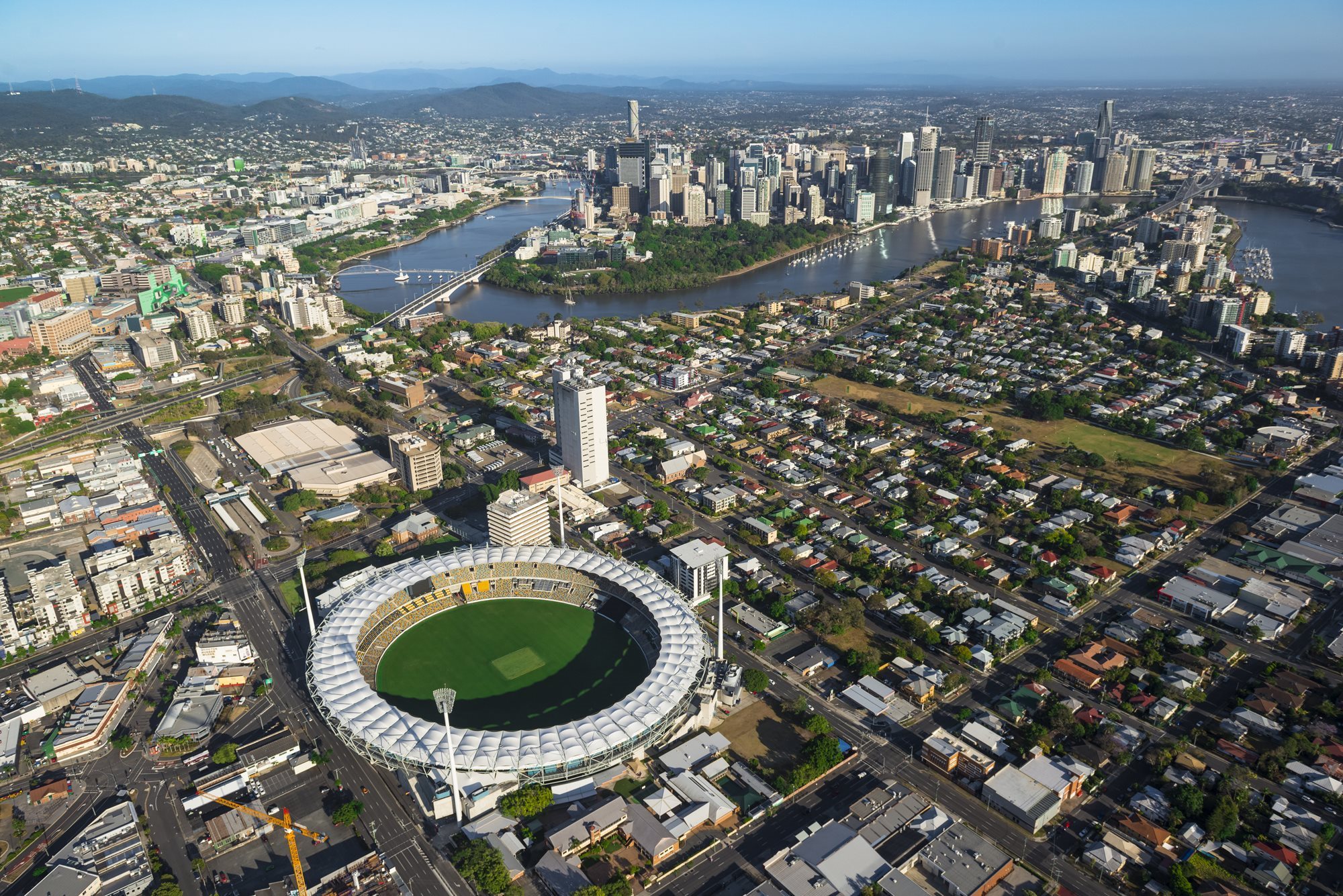
Palaszchuk has now gone, but is Coates’ manipulative input diminished? Redevelopment of the “Gabba” has been pronounced dead. Coates, trying to remain in the loop, has agreed. Six months ago, no such judgement; but the new Premier, Stephen Miles, has put the kibosh on the expenditure, and especially rebuilding the Gabba.
My initial pessimism about Brisbane being awarded the Games is rapidly being confirmed. As a teenager I well remember the Melbourne Olympic games with all the bickering and the threats from the then appalling long-term IOC president, Avery Brundage, the American Hitler admirer. In the end, it went ahead, but had some other associated problems. In the latter part of 1956, the northern hemisphere was aflame with the Suez crisis and the Hungarian rebellion. In the end, Melbourne hosted one of the smallest Olympic Games in modern times.
In addition, because of the tough Australian quarantine laws at the time, the equestrian events were held in Stockholm. But let us say, the management of the whole Games, from its award in 1948 almost to the opening by Prince Phillip, was questionable. It had elements of farce mixed with administrative bungling. The Games were held with some stumbles; but there are fond memories and Australia did well. I believe having the Melbourne Cricket Ground and other readymade venues helped a great deal.
There are two important factors between success and failure that I have observed. The first is the profitability. The total cost of staging the Sydney Olympic Games was $6.5 bn. The Federal Government contributed $194 million, and the private sector $1.3 bn, while the NSW State Government contributed $2.3 bn. The profit is always more than a touch fanciful.
In the past three decades, two Olympic Games stand out for their overall net positive results.
Los Angeles was the only city to express interest for the 1984 Olympics. After Munich’s terrorism, Montreal’s cost overruns (it took Montreal 30 years to pay its Olympic Games debt) and the Moscow Games, most countries shied away. It was also the time that Samaranch, a Catalan by birth yet a Spanish Falangist by political affiliation, became IOC President following the hapless Irish peer, Lord Killanin. Samaranch was a very smart operator.
The US city exploited its unique negotiating position: it would host only if it could use existing facilities from 1932’s previous LA Games and house athletes in university dormitories. The city ended the Games with a US$250 million surplus.
Despite exceeding its budget by more than 400 per cent in 1992, Barcelona reaped long-term benefits from the Games. The city wanted to re-invent itself and improve its harbour facilities. Having been to Barcelona when the Olympic stadium was being built in the late 1980s, I remember having a meal on one of the old wharf restaurants, and so the changes wrought obviously due largely to Samaranch’s shrewdness, have been remarkable.
I remember that there was no work being undertaken on La Sagrada Familia, it being fenced off at that time. That neglect changed as Barcelona changed. The tempo of construction accelerated markedly, and it was partially opened to the public in 2010. The final huge steeple is now under construction, and the finishing date is estimated to be 2026.
 It was also a time when the Barcelona football team (“Barca”) started on its winning ways, attracting a huge degree of worldwide support. I have visited Barcelona several times since. On one of these occasions, the city was out in force when the Barca football team crowded on the top of an open-aired double decker bus being driven through streets after winning the European Cup. Messi was very recognisable at the front of the team holding onto the bus rail.
It was also a time when the Barcelona football team (“Barca”) started on its winning ways, attracting a huge degree of worldwide support. I have visited Barcelona several times since. On one of these occasions, the city was out in force when the Barca football team crowded on the top of an open-aired double decker bus being driven through streets after winning the European Cup. Messi was very recognisable at the front of the team holding onto the bus rail.
But these Games were a long time ago, and the Brisbane Games appear to be a hollow tribute to one man’s ego. This current situation reminds me of the Melbourne troubles. The bickering has started, and there are so many sports now crowded into the games, each demanding their own venue, and cost is beginning to become a major issue. The other major issue is the management.
The strength of management is critical. Sandy Holloway is widely credited with successful management of the Sydney Games and, having experienced the Games first-hand, given the crowds and the logistic problem of clearing venues of people, he did a good job – if that was the major criterion of success. He keeps bouncing around with his views on display. He welcomed the appointment of Cindy Hook as the Brisbane Olympic Games CEO. She headed Deloitte in Australia previously, but Holloway was critical of her accompanying “megaboard” as he termed it.
The Chair, an expatriate Australian chemical engineer who headed Dow was appointed President of the Games Committee, as reported to be one of the last actions agreed by the Morrison Government. Andrew Liveris has an illustrious, if speckled, career. One of his contributions was floating the use of nuclear power. Last year, he was reported in the AFR as saying the Games were forecast to cost taxpayers $7.1 billion over the next decade.
Liveris said that the share of the broadcast rights, sponsorship opportunities, attendance (in person and virtual) and the better utilisation of existing venues provides a different model and that 84 per cent of our venues are already in place.
Moreover, the major new projects – $2.7 billion to redevelop the Gabba as the main Olympic stadium and the building of the Brisbane Arena at a cost of $2.5 billion – will create an “urban spine for Brisbane which will bring it into the 21st century in terms of entertainment, restaurants, museums and art galleries to make the city vibrant with the two big sports arenas… If we do see cost escalations, here’s what we will do, we’ll find more revenue”.
That was last year, said at the time Melbourne withdrew its sponsorship of the Commonwealth Games which created a “one-day” furore and now has been forgotten except by those who know it was just an expensive cynical exercise to shore up Labor-held seats outside Melbourne.
The Liveris solution – improve the revenue stream in the face of the inevitable cost blow-out – is not the way the Queensland authorities operate. Cut costs is more the flavour.
More ominously, recent reports suggest Coates is throwing his weight around. Probably fears a case of sudden infant games death syndrome. But the last thing the organisation needs is an interfering old man trying to call the shots without any formal responsibility.
But let us see. It is only a matter of time before all will be revealed. Cities will jack up against the increasing burdens imposed by the IOC, who skim their take, without doing anything but pick the “sucker” city. Gone is the canniness of Samaranch – all that is left is residual rapacity.
The thought of having to assume management and financial responsibility must send shudders through the plush halls of Lausanne. But then to paraphrase those famous words uttered by Humphrey Bogart: “We’ll always have Saudi Arabia.”
But wait, don’t forget Qatar. Who would have thought it … favourite for the 2036 Games already.
Bird of Paradise
Whatever industry the Chinese have attacked they have captured; whatever they have attempted they have mastered; whenever there has been an encounter between them and our own people they have come off victorious. And these are said to be the very offscouring of the Chinese ports. – San Francisco Chronicle 1875
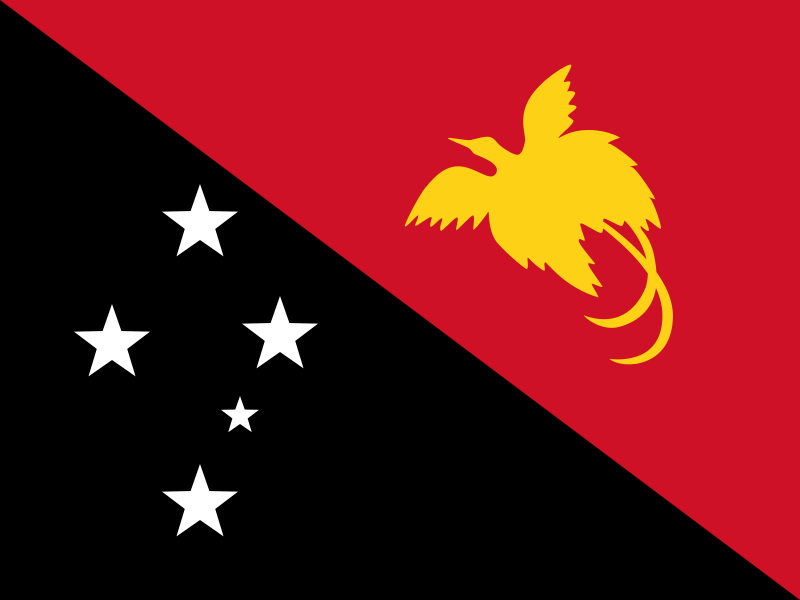
I have only been to Papua New Guinea once, in 1973, when Papua was in the throes of transitioning from an Australian protectorate / colony to eventual independence in 1975. I remember dinner with a number of up-and-coming politicians and bureaucrats in Port Moresby. It was a boozy affair. John Knight, later Senator for the ACT, was with me that night and provided a degree of DFAT dignity to the proceedings. But it was not a time when there was much vision of the future emerging from the bottom of wine and beer glasses. The world would take care of itself. Michael Somare was their hero; and his friendship with Andrew Peacock was a symptom of how attitudes were changing between our two countries. John Knight got on well with Peacock.
I remember flying up to Lae, a distance of 325 km to the north-east of Port Moresby, to see a friend of mine with whom I had worked in the research laboratory. I had not seen her for a few years, and in that time she had married and had a child.
However, the lasting memory of Lae, and probably my strongest recollection as I have lost my notes of that visit, was visiting the war cemetery there, carved from the jungle, with its neat array of white crosses. So many Australians are interred there. There was nobody else in the cemetery, but I skirted the graves making sure I did not walk on any of them. I stayed there for a long time until I realised that I had to catch the plane back to Port Moresby. When I got there to check in, even though I had been allocated a seat, there was no seat. I had my first lesson in Melanesian bureaucracy but somehow, through both cajoling and “pulling rank”, I got on the flight. The rest of the return home was uneventful. It was the last day TAA flew into Papua New Guinea.
I have known many doctors who have done stints in New Guinea back in the 60’s and much later. They have always been pessimistic about the quality of the care, even in the larger centres. When I organised a meeting of the South Pacific public health physicians as part of the anti-Mururoa nuclear testing project, with the support of the Australian Government, many of these nations sent representatives, but not PNG.
At the end of school in the 50s, PNG offered careers as patrol officers. One of the Cadet Under Officers at school went off to become one, and I never heard of him again. Well, that is not true. Mick was a very good hockey player and it was reported in the 1958 Pacific Island Monthly that he was best and fairest playing for Rabaul, although beaten by Port Moresby in the final. Ah, the days of patrol officers sipping Pimms No. I after the game. But thereafter?
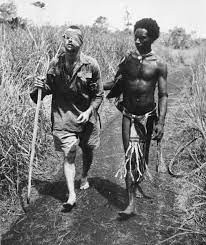
It was just New Guinea then, with the wartime stories of the brave fuzzy-wuzzy angels and the march down the Kokoda trail and the victory over the Japanese at Milne Bay, Australia triumphant. WWII thrust this second biggest island in the world into one of great relevance to Australia.
PNG was shown to be a buffer, in addition to its underlying mineral wealth and its varied cultures. Like so much of the world in the nineteenth century, New Guinea was subject to being sliced up by European powers. New Guinea was notionally Dutch, until the British prised the Eastern part of the Island away in 1824. The British hold on this part of the island was flimsy and the Germans, in consolidating their place in the Pacific, had originally centred on Samoa. However, in 1884 they established German New Guinea, incorporating the Bismarck archipelago, and the next year, the northern Solomon Islands, Bougainville and Buka. The British government annexed the remaining Papua in 1888, and then in formal terms:
The possession was placed under the authority of the Commonwealth Australia in 1902. Following the passage of the Papua Act of 1905, British of New Guinea became the Territory of Papua, and formal Australian administration began in 1906.
This suggests that the British government was only too happy to have their fledging dominion look after “British New Guinea”. With the outbreak of WWI, it did not take the Australians long to defeat the Germans and take over German New Guinea. In December 1920, Australia was granted the mandate of all German possessions South of the equator except Samoa and Nauru by the League of Nations. It was not the happiest time, with continuing conflict with the League of Nations. Billy Hughes, Prime Minister at the time of the Treaty of Versailles, set the scene for our relationship with his truculence and the attempts to apply the White Australia policy to New Guinea. Hughes loathed the League of Nations, but then he did not like much anyway – miserable little man. In all, Australia did not handle the Mandate well; starved it for funding and did very little in providing education and social support in New Guinea, leaving that to the Christian missions.
Geography didn’t help. The Owen Stanley Mountain Range was a significant barrier to travel, and the people lived in tribes, often at war with their neighbours in the next valley. So, granting independence was always going to be problematical.
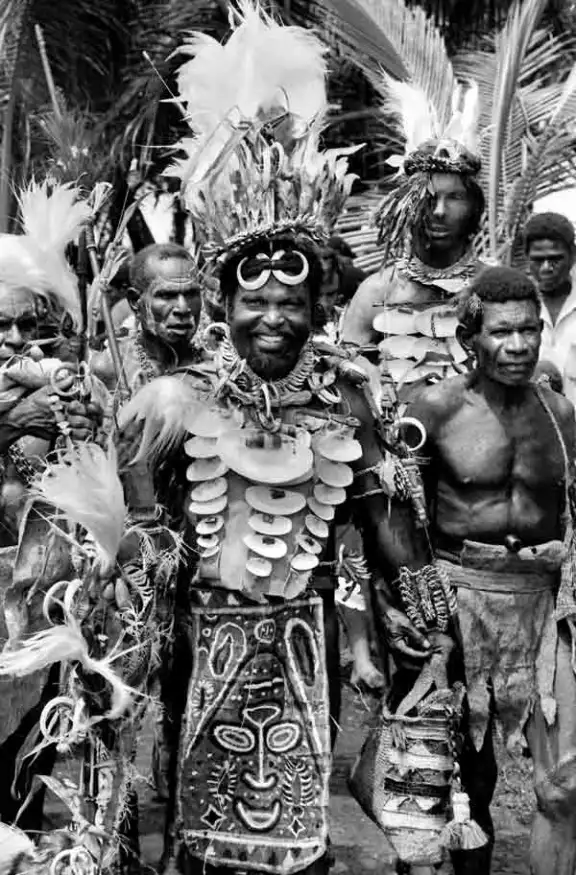
Fortunately, Michael Somare, the classical charismatic leader, was there at the right time. Born in 1936 in Rabaul, he grew up in the East Sepik district, where his father, Ludwig, was a policeman. His early schooling was provided in a Japanese-run school during wartime. He eventually became a teacher, having reached the equivalent of Year 11 education. He formed a close relationship with Andrew Peacock when the latter was Minister for Territories in the Coalition Government. What Peacock did with his relationship with Somare was to break down colonial patronising attitudes. Somare promised so much at the time. Such a relationship has never been repeated, more’s the pity.
Japan ostensibly had little interest pre-war in New Guinea, Japanese sampans zipping around the Pacific more a pest than a threat. Japanese pearl divers were located throughout the area, where there were significant amounts of mother-of-pearl. However, as a demonstration of the White Australia policy, Australia removed all Japanese from New Guinea.
Japan in 1914 had occupied the Caroline Islands, the southernmost islands of Micronesia, and built a naval base on the island of Truk. Japan achieved a sort of revenge by occupying the old New Guinea Mandate area during WWII, so much so that in the Allied battle to regain its lost Pacific, the Americans bypassed Rabaul because it had been so fortified by the Japanese. They a feared that a hostile base there could be a springboard for bombing Truk by the then new Flying Fortresses. Papua was never occupied by the Japanese, although they inflicted significant damage on Port Moresby.
This demonstrated so clearly the importance of the island as this buffer to the North, without bothering to demonise “the yellow peril” as pre-war Australia labelled the Chinese and Japanese. The problem which, even now, Australia must deal with is the level of corruption in PNG, as instanced by the administration of offshore detention centres – the spectacle of private consulting firms ripping off the Australian Government, with obvious internal corruption here and among people in the PNG administration. And for what?
Australia has provided direct assistance when asked — handing over more than a billion dollars in low-interest loans to support PNG’s budget since 2019. Australia tolerated the PNG Government when it pegged the kina to the Australian dollar so the “elite” could afford to buy property in Australia and educate their children in private schools; and then expected us to bail them out.
The Dutch annexed the island as a single entity. Then from 1824 the disaster started, as the Europeans “sliced and diced” the Island. In 1962, as the Indonesians inherited the Dutch East Indies territory, as eventually the Dutch, who were awful colonists anyway just gave in and the Javanese dominated Indonesians swarmed into a Melanesian culture with their normal cultural sensitivity. Thus, West Irian is a festering sore, which the World conveniently ignores. PNG does not have the power to affect what is happening in West Irian to their Melanesian cousins.
The Chinese have offered to bring in a so-called team to train police and the military. The level of lawlessness is out of control if one can believe the media reports, and the spectacle of buildings burning in Port Moresby. I remember the “rascals” – Chimbu tribesmen who had descended on Port Moresby, and found it was far from El Dorado formed criminal gangs. If the PNG accepts the Chinese “law and order offer” it will be a Faustian bargain.
As for the future of PNG, there is talk about a Free Trade Agreement as there also is with China. PNG depends heavily on agriculture for export income. If nothing else the biosecurity measures imposed by Australia makes this difficult; and the major export to Australia is minerals, most of which have significant Australian ownership of the mines.
China is now a factor in funding PNG; the Americans are issuing warnings to us about this, but what have they done for the Island? And what of our legacy, a bodgie exercise to maintain asylum seekers from entering Australia because they had the temerity to come to Australia by boat.
That is the story of the last 50 years. Just provide annual funding – has that been a good investment? Especially now that the Chinese have appeared on the scene (just wait for them wanting to build a harbour). Our investment has gone sour; and what with Bougainville to be sorted through, not to mention the other countries of the South Pacific, Australia may pay a price which we were not expecting. Australia had funded PNG as a security buffer. The buffer is in danger of disintegrating, as the Solomon Islands government have shown recently despite our involvement through RAMS (Regional Assistance Mission to the Solomon Islands) of restoring the country after a period of civilian anarchy in the early 2000s.
Just because the Prime Minister of Papua New Guinea travels to Canberra and gives a talk to Parliament, did anything material occur? Was there any free trade agreement finalised? The answer of course is no.
There may be smiles all round, soaring rhetoric, promises litter the Statement by Albanese and Marape released on February 8. But the failed State to our North just rumbles on, and now with China well and truly in the mix.
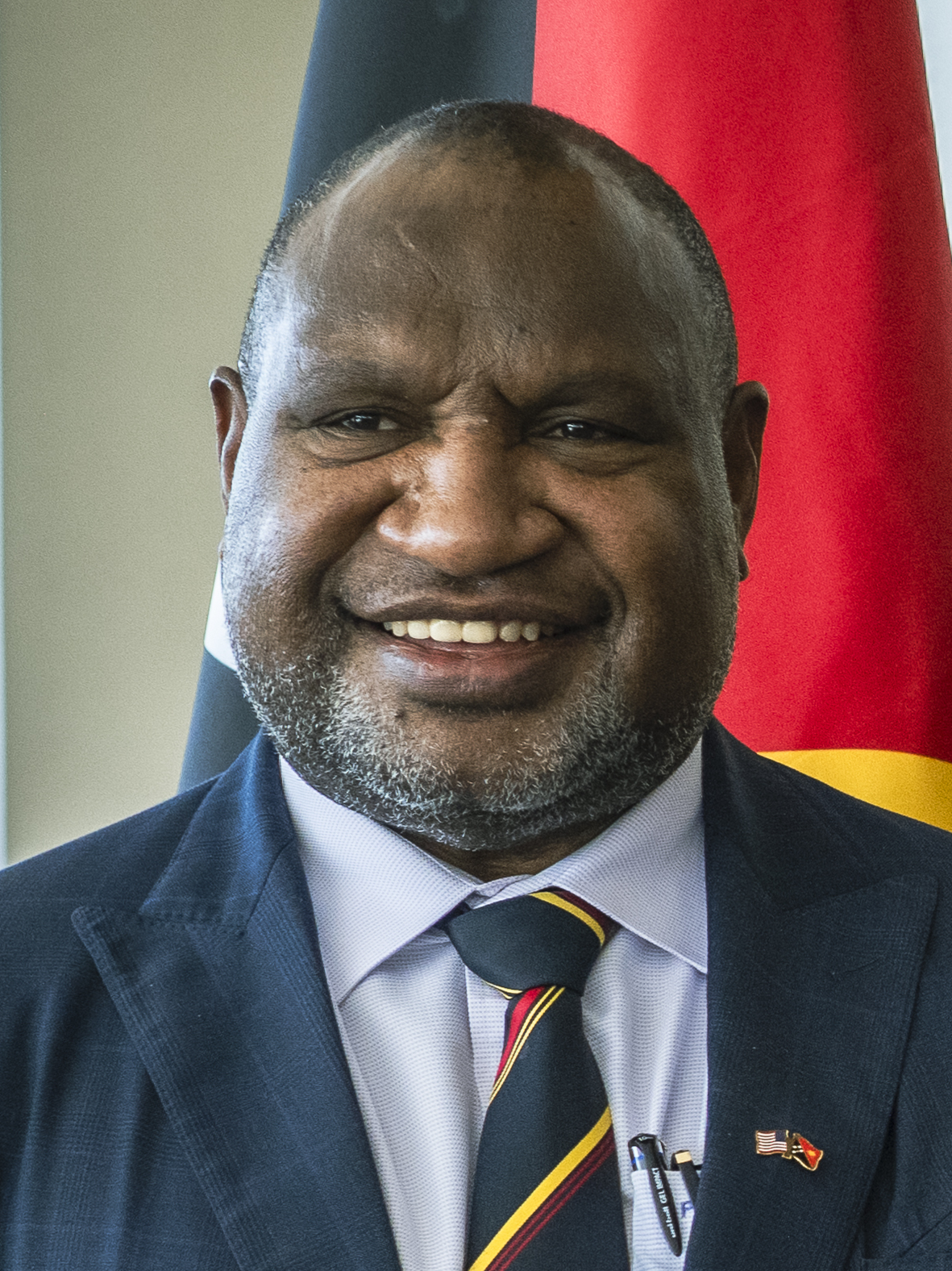
The visit of Prime Minister Marape has made me think. Here, we have a country, which I remember coming towards independence nearly 50 years ago. A brief association: I never returned. I’ve been to many Islands in the Pacific, but never have been back to PNG. Why? I think I did not want to be disappointed.
Yet how different the actuality of the present from the optimism of 1973. Nevertheless, as part of the 50th celebration next year, a memorial to our patrol officers will be built. My schoolmate of so long ago, Mick, would be pleased.
Mouse whisper
Talking of additional sports being added to the Olympic Games. Gliding was a demonstration sport at the Berlin Games. It was so popular, that it was included among the scheduled 1940 Games events for Tokyo. The Games were cancelled, and therefore gliding was the Olympic sport which never was.
